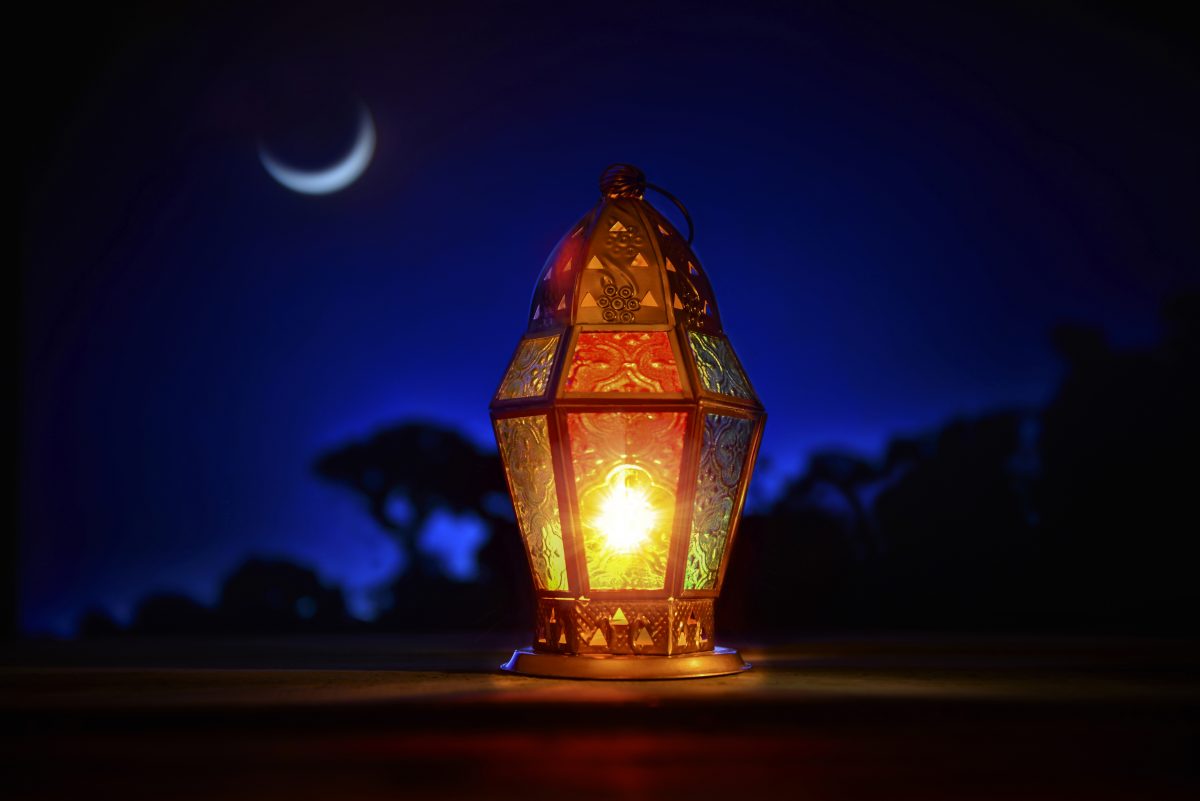- With Ramadan right around the corner, it’s important to understand what the Holy Month is all about
- Ramadan is expected to start on May 5, 2019 and end on June 4, 2019
- A couple of things will be different in the UAE for the Holy Month
- Here’s what’s expected from Muslims and non-Muslims during Ramadan
What is Ramadan?
This is a good question to ask, especially if you’re new to the region. Ramadan is the holy month that falls on the ninth month of the Muslim calendar.
When is Ramadan?
This is where it gets a little complicated. The first day of Ramadan is traditionally marked by the sighting of the crescent moon with the naked eye, so, according to calculations, Ramadan in the UAE will probably fall on Sunday, May 5, 2019 – but it all depends on the moon, so this might vary by a day or two. The Islamic calendar is a lunar calendar, so even though it has 12 months, there are only 354 days – which means it moves up by 11 days each year. A moon sighting in Makkah, Saudi Arabia – the holiest city in Islam and the birthplace of Prophet Muhammad (PBUH) – will mark the official beginning of Ramadan.
How long does Ramadan last?
Ramadan lasts for one moon cycle, which is usually 29 or 30 days. The holy month is expected to end on Tuesday, June 4, which will mark the beginning of Eid Al-Fitr – a celebration and religious holiday that marks the end of Ramadan.
What do Muslims do during Ramadan?
During Ramadan, adult muslims are expected to fast from dawn till dusk on a daily basis. This isn’t just limited to food. This includes smoking, swearing, insulting, lying and fighting. The final meal before dawn is called ‘Suhoor’, while ‘Iftar’ is a feast that signifies the end of the fast after sunset. Muslims pray every night for the 30 days of Ramadan, reciting different chapters each day until the Quran is completed. Good deeds – especially charitable deeds – are also encouraged during the month of Ramadan.
Why do Muslims fast?
Well, apart from the fact that it’s expected of able-bodied, adult Muslims worldwide, fasting is believed to cleanse the soul. It’s a time for Muslims to work on their self-discipline, sacrifice for their religion, and empathy for the less fortunate.
What happens if someone can’t fast?
People who are ill, elderly, diabetic, pregnant, menstruating, or breastfeeding aren’t expected to fast. If you’re travelling or feeling unwell during Ramadan, Mulsims can fast on different days at a later point.
Do non- Muslims have to fast during Ramadan?
Non-Muslims aren’t expected to fast during Ramadan. However, it’s important to always be mindful and respectful during Ramadan. Eating, drinking and smoking during fasting hours should be done at home or in designated areas if you’re in a public place. The simple rule of thumb is, if in doubt, it’s probably best to avoid doing it. Chewing gum is also considered to be disrespectful to those who are fasting, so it’s best to ditch them for the month. Public displays of affection should be kept to a minimum. It’s especially important to make sure you aren’t wearing inappropriate clothing during Ramadan. Shoulders and knees should be covered – so maybe it’d be best to save the tank tops for June.
If you’re lucky enough to be invited to Iftar, remember that this is a huge honour that shouldn’t be taken lightly, so try your best to attend. Considering that Ramadan is a charitable time, it may be the perfect reason to help out the less fortunate in any way possible.
So what else should I be aware of during Ramadan?
If it’s your first Ramadan, a couple of things change during the month that you should probably be aware of…
Work hours decrease
The hours you work will be reduced for some, across all sectors by two hours – regardless of whether you are taking part in Ramadan or not.
The roads get crazier
Let’s face it, rush hour traffic in Dubai can be crazy and it only gets crazier during Ramadan, particularly between 4pm and Iftar, when the roads can be extremely hazardous. It’s probably best to avoid the traffic altogether, but if you can’t, just make sure you’re being extra safe and alert.
Be mindful of taxi drivers
If you don’t drive, or choose not to during the chaos, it’s important to keep in mind that some fasting taxi drivers may be working long hours. They may be exhausted, dehydrated, and unable to concentrate like they usually would, so be patient with them. Booking taxis during and around Iftar may prove to be a very difficult task, as the majority of drivers will be breaking their fast during this time.
Metro timings may change
Although the RTA hasn’t announced the timings for this year, metros on the green and red lines start at 5:30am on weekdays during Ramadan – with the last trains at 12am. The metro service will be available from 10am to 1am on Fridays and 5:30am to 1am on Saturdays.
You can still do a lot of things
You will still be able to visit malls, eat in designated food courts, and do your grocery shopping. Life goes on, but it’s essential to be respectful to those who are fasting.
Restaurants will be busier
This goes without saying – restaurants get extremely busy during Iftar. It’s probably best to make a booking before hitting your favourite spot.



